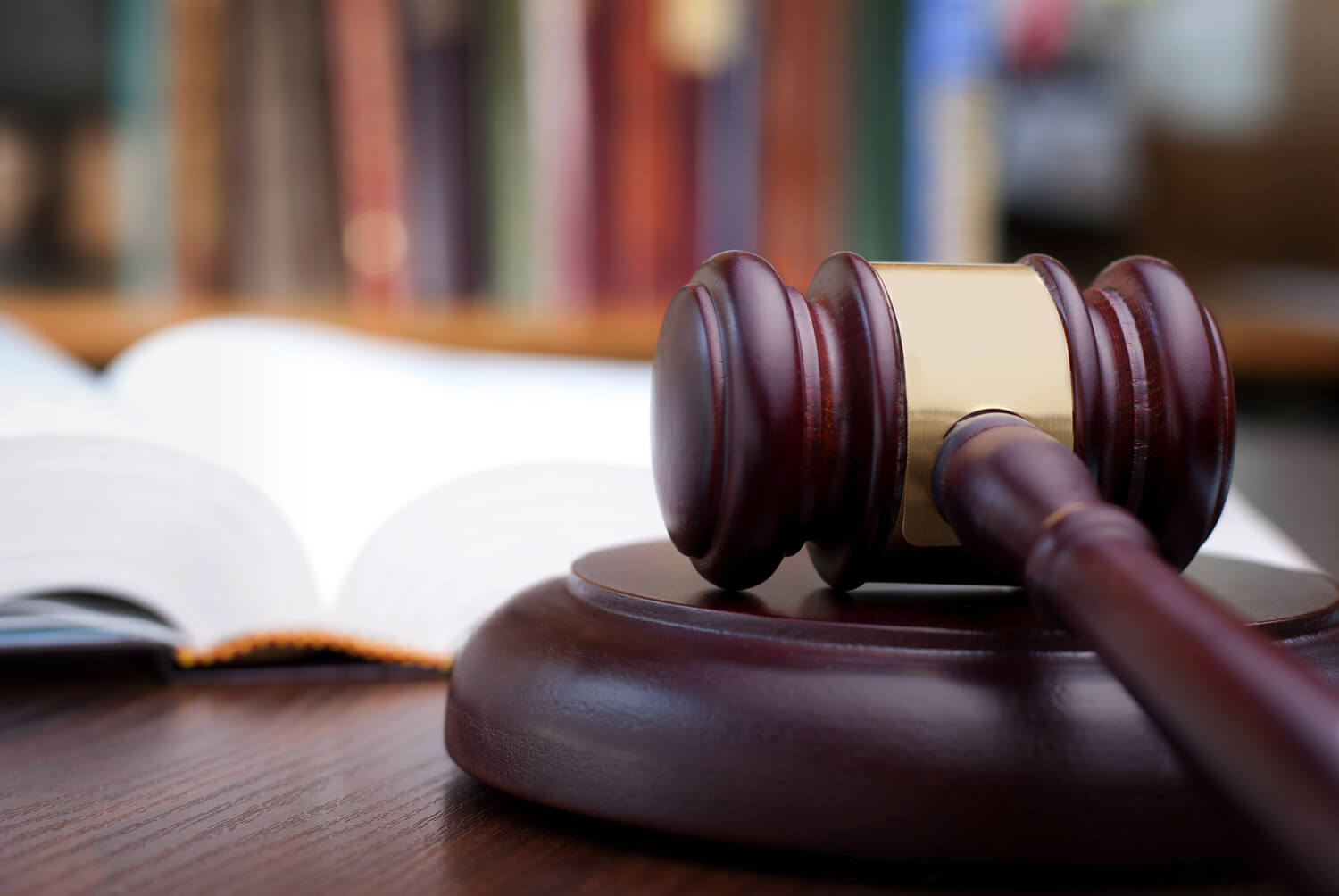In brief: Politicians, including President Trump, are finding that blocking people on social media platforms isn’t as easy as hitting a button. Almost three years after the original incident, a federal appeals court has ruled that a politician violated the constitution when she blocked one of her constituents on Facebook.

In a 3-0 decision, the 4th US Circuit Court of Appeals found that the chair of the Loudoun County Board of Supervisors—Phyllis Randall—violated the First Amendment rights of Brian Davison when she blocked him for 12 hours from her official “Chair Phyllis J. Randall” Facebook page.
Following a town hall meeting in early 2016, Davison posted an accusation of corruption against Loudoun School Board members and their families on Randall’s page, which prompted her to ban him. Randall unbanned Davison the next day, but she had deleted her post that contained the messages.
In 2017, Davison sued and won. US District Judge James Cacheris ruled that as Randall was acting as a public official, she violated the First Amendment by "suppressing critical commentary regarding elected officials."
“She wants the public to believe she’s transparent but then to ban critics,” Davison said at the time.
Randall appealed to the 4th Circuit, arguing that her Facebook page was a private website. The court disagreed, ruling that her page "bear[s] the hallmarks of a public forum" that could be used to discuss county matters “from ANY Loudon citizen on ANY issues.”
Davison had been represented by lawyers at the Knight First Amendment Institute at Columbia University—the same group that filed a lawsuit against Donald Trump on behalf of seven Twitter users he blocked. A federal judge also ruled that Trump's actions are a violation of people’s First Amendment rights, but the case is being appealed before the 2nd circuit.
[/s]